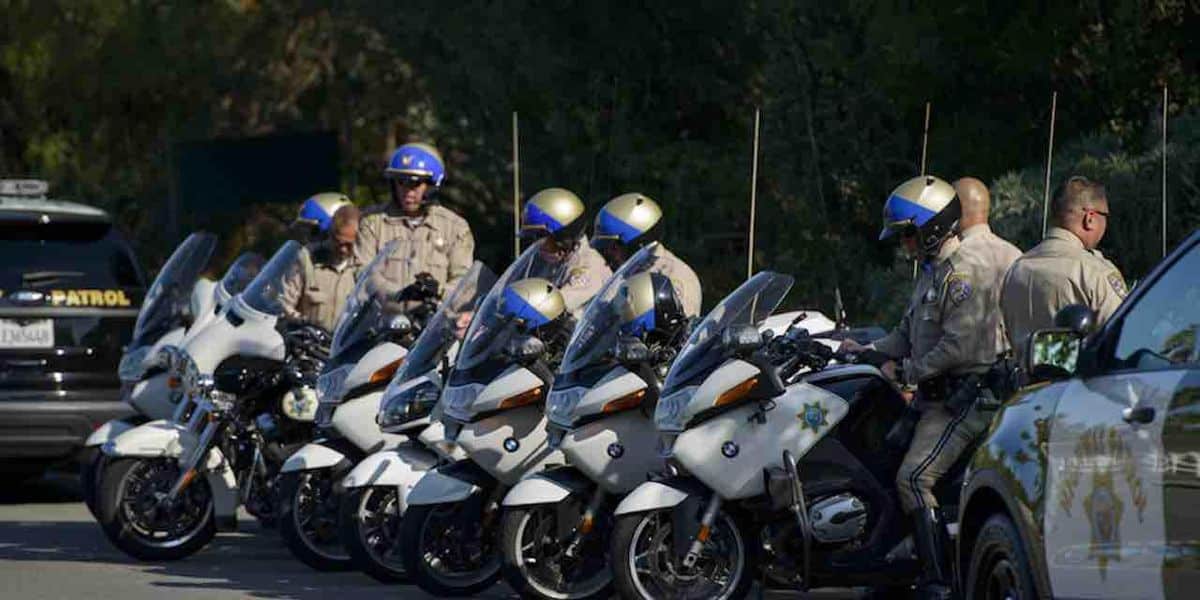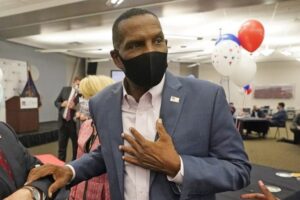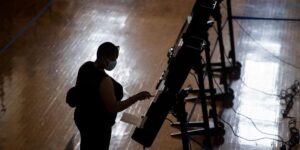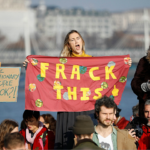Opponents of a California bill banning police officers who’ve engaged in “public expressions of hate” say the proposed legislation also would target cops who have conservative views, KCRA-TV reported.
What are the details?
The California Law Enforcement Accountability Reform, or CLEAR Act — Assembly Bill 655 — would require background checks on “whether a candidate for specified peace officer positions has engaged in membership in a hate group, participation in hate group activities, or public expressions of hate, as those terms are defined. The bill would provide that certain findings would disqualify a person from employment.”
Termination could result for presently employed officers, the bill’s language states.
Assembly member Ash Kalra, author of the bill, told the station that “you have a constitutional right to have racist and bigoted views. You don’t have a constitutional right to be a police officer.”
Definitions
The bill defines “hate group” as “an organization that, based upon its official statements or principles, the statements of its leaders, or its activities, supports, advocates for, or practices the denial of constitutional rights of, the genocide of, or violence towards, any group of persons based upon race, ethnicity, nationality, religion, gender, gender identity, sexual orientation, or disability.”
In addition, the bill defines “public expression of hate” as “any explicit expression, either on duty or off duty and while identifying oneself as, or reasonably identifiable by others as, a peace officer, in a public forum, on social media including in a private discussion forum, in writing, or in speech, as advocating or supporting the denial of constitutional rights of, the genocide of, or violence towards, any group of persons based upon race, ethnicity, nationality, religion, gender, gender identity, sexual orientation, or disability.”
“Public expression of hate” also is defined as “the public display of any tattoo, uniform, insignia, flag, or logo that indicates support for the denial of constitutional rights of, the genocide of, or violence towards, any group of persons based upon race, ethnicity, nationality, religion, gender, gender identity, sexual orientation, or disability.”
The bill’s language adds, however, that public expression of hate “does not include visiting the website of a hate group, or any single, isolated comment posted on an online forum, chatroom, or other electronic or social media operated by a hate group.”
Kaira added that “the role and responsibility of peace officers is so important for a community healing — for a community’s safety — and the people in the community don’t feel that those that are entrusted with that responsibility look at them in a way that’s unbiased. That undermines our entire public safety system,” KCRA noted.
Conservative officers, candidates are vulnerable
But Greg Burt — the California Family Council’s director of capitol engagement — told the station that the bill’s language is too broad.
“I think everyone can agree that no one wants cops serving us who belong to violent hate groups, but this bill goes far beyond that. It actually goes after individual cops who simply have conservative social views on issues like marriage,” Burt noted to KCRA. “I think there’s a mistake in assuming that Christians who have conservative views on moral issues are going to be a threat to folks who disagree with them.”
Professor Leslie Jacobs of the McGeorge School of Law told the station that the government potentially can control even the private speech of its employees “if it disrupts the efficient operation the enterprise and the job.”
KCRA said the bill is scheduled to go before the Assembly Public Safety Committee on April 6.






